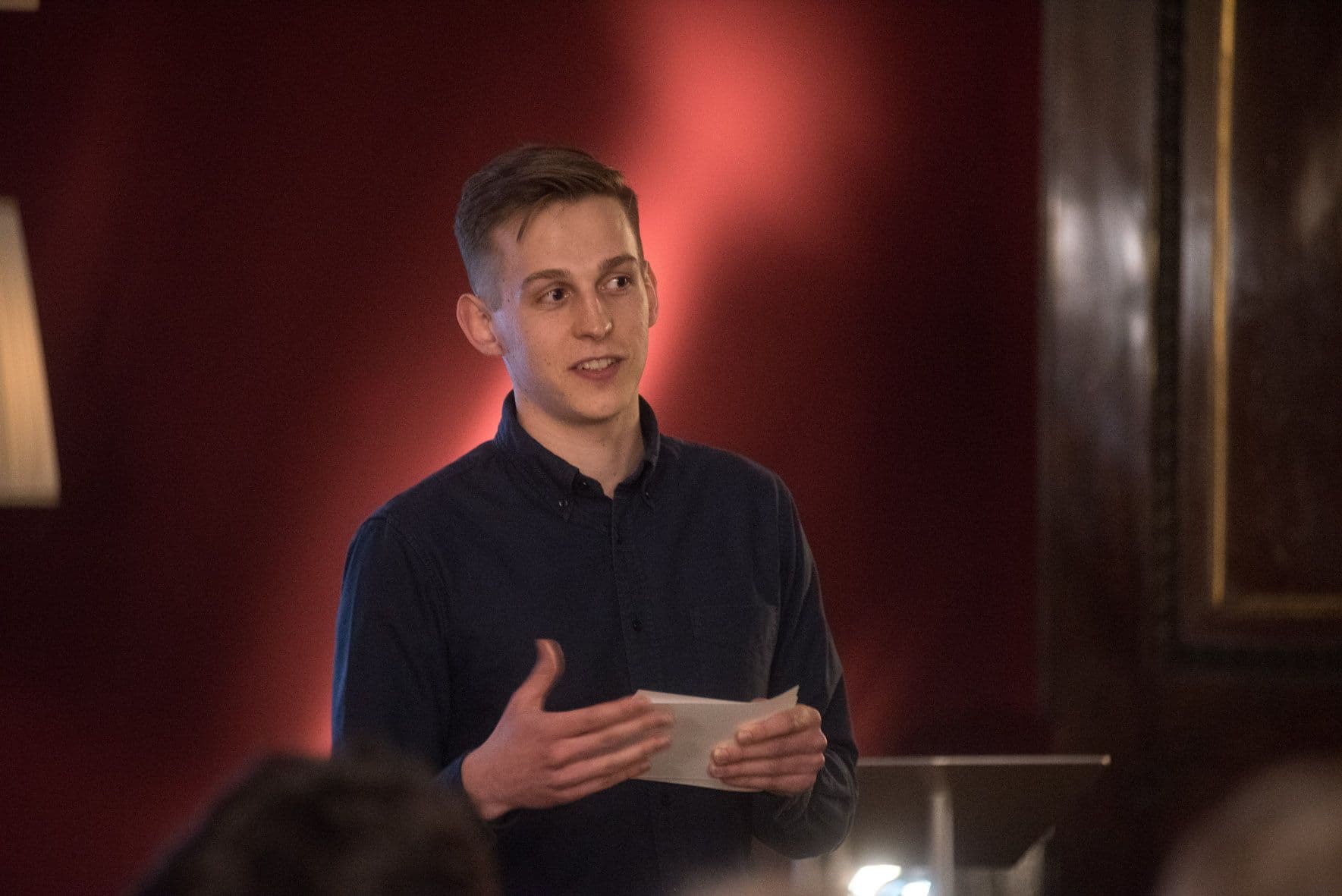Confess to giving
No one wants to be obnoxious about their philanthropy, but being vocal about it can actually multiply your impact. We break down how to be an advocate without seeming preachy.

Talking about your giving feels... weird.
And granted, I'm British, so I've been brought up in a culture of perpetual awkwardness, but I also think there are two more universal reasons why talking about donating can feel uncool:
1. Talking about giving can seem judgy
Firstly, no one wants to be holier-than-thou, or make people uncomfortable around them. We’ve all encountered people who impose their values on others a little too vehemently and we’d prefer not to be one of them.
2. Being private about giving is seen as virtuous
We associate people who talk about charity as only giving so they can show off about it. But does being secretive actually make donating more selfless? I don’t think so, and here’s why.
There is a massive missed opportunity here.
Let’s consider two phenomena:
The bystander effect
We are social animals: if other people do something, we are more likely to want to do it. More alarmingly - if other people don’t do something about a problem, we tend to think that we don’t have any responsibility either.
This phenomenon is called the bystander effect, and has been demonstrated through lots of social experiments where groups of people fail to take action on immediate disasters happening right in front of them, for no apparent reason. (If you want to see some of the examples, here’s a video, but if you’d rather stay in a good mood, we recommend against it.)
What’s interesting about the bystander experiments is that in many cases, all it takes is for one person to intervene, and suddenly others follow suit. You’ve probably experienced this before. For example, a stranger falls on the street. Some time can pass without reaction, but as soon as one person gets involved you soon have a crowd of strangers gathered round, competing on who has more first aid training.
When enough people are seen getting involved, a social contract is formed; signalling that we’ve collectively decided the problem is worth doing something about, and that everyone should pull their weight.
So here lies the power of being vocal about the causes you support; you can fight the bystander effect and remind other that the biggest global problems are still there, still pressing, and still worth action.
The multiplier effect
People have a natural preference for doing what others around them are doing - especially those that they identify with or admire. This is fantastic news in the case of charity, as you don’t lose out if someone copies you. If you want a non profit to receive funds it doesn’t matter you give them $100 or someone else does.
If you can influence even just one other person to give when they otherwise wouldn’t have, you could essentially be doubling your own donation.
Founders Pledge helps you talk about your giving in a non-cringe way, because:
We boast on your behalf
If you still feel weird celebrating your own pledge, it’s definitely not weird for us to. Your participation is valuable to us! Just by being able to reference your name, we can reach people who respect and admire you, and ultimately do more to help the world’s most important causes. (If you’re still not convinced, opt out: we’re happy to keep your pledge anonymous)
You do it as a community
With Founders Pledge behind you, you can talk about your giving without sounding self-congratulatory, because in the end, you’re celebrating the community as a whole.
So go forth and hold your head high!
And for some practical ideas on how to do some non-preachy advocacy right here and now:
-
(first of all: pledge, if you haven’t already)
-
Write a blogpost or Linkedin article about which charity you’ve given to/will give to with your pledge donation.
-
Share this article on twitter, facebook, or linkedin
-
Tweet @FoundersPledge letting people know which causes you’ve pledged to support.
Many thanks to Peter Hurford, whose brilliant post inspired this one.